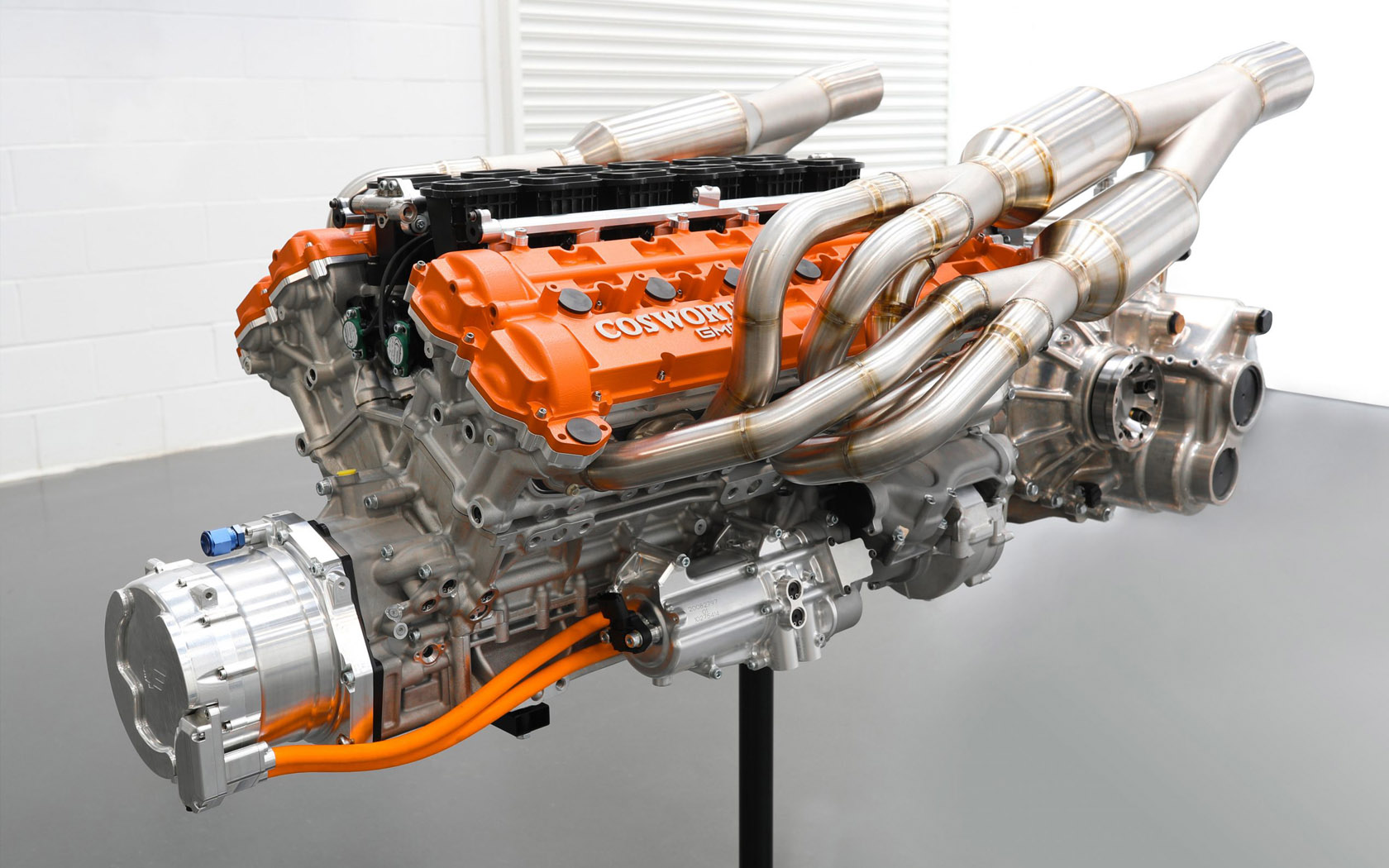A Complete Guide to Choosing the Right Engine for Your Task
Selecting the proper engine for your job is a crucial decision that can significantly influence its total success. Each of these aspects plays a critical function in guaranteeing that your chosen engine not only meets prompt goals yet also aligns with long-term goals.
Specify Your Task Needs
Specifying your task needs is an essential action in selecting the appropriate engine for effective implementation. A thorough understanding of your job's purposes will certainly assist you in identifying the capacities and functions called for from an engine. Begin by detailing the extent of your job, consisting of the desired capability, target market, and the particular end results you intend to attain.
Following, consider the technological requirements that line up with your task goals. This includes reviewing the compatibility of the engine with existing systems, in addition to the shows languages and frameworks that will be made use of. Additionally, examine the degree of scalability required to fit future development or changes popular.
Spending plan restraints also play a crucial role in defining your job requires. Develop a clear financial framework to direct your decision-making procedure, ensuring that the engine selected fits within your budget plan while supplying the essential functionality.
Evaluate Performance Requirements

Engines that support straight scaling are often preferable for bigger applications. In addition, review the engine's efficiency under different problems, such as peak use situations, to ensure it meets your reliability standards.
Take Into Consideration Ease of Usage
While technological specs are vital, the simplicity of use of an engine can significantly influence the growth procedure and general project success. An intuitive user interface, clear paperwork, and streamlined workflows can significantly minimize the learning contour for designers, enabling them to concentrate on imagination and problem-solving instead than coming to grips with complex devices.
When examining an engine's ease of usage, consider the onboarding experience. A well-structured intro, total with tutorials and example jobs, can facilitate a smoother shift for brand-new individuals. Additionally, the quality and comprehensiveness of the engine's paperwork play a crucial function; comprehensive overviews and API references can encourage developers to fix and implement attributes efficiently.
An engine that allows for easy adjustments can be a lot more easy to use, as programmers can customize it to fit their details demands without considerable hassle. Ultimately, selecting an engine that prioritizes simplicity of use can lead to a more pleasurable and productive development experience.
Assess Community and Support
The toughness of an engine's community and support network can considerably affect a designer's experience and success. A lively neighborhood typically suggests a wealth of common expertise, sources, and fixing assistance that can boost your task's advancement process. When examining an engine, think about the size and task level of its community. Bigger neighborhoods normally use a lot more online forums, tutorials, and third-party plugins, enabling programmers to discover solutions extra effectively.
Additionally, evaluate the accessibility of main support networks. Reputable documents, responsive consumer support, and routine updates are essential for attending to technical problems and maintaining your project on the right track. Engines For Africa. Energetic neighborhoods additionally promote collaboration, offering chances for networking and feedback, which can be very useful, especially for tiny teams or independent developers
In addition, investigate the presence of community-run occasions, such as hackathons or meetups. These celebrations can enhance your understanding of the engine while connecting you with possible partners and knowledgeable individuals. In recap, a robust neighborhood and support group not only enhance advancement however likewise create a setting helpful to learning and development, inevitably improving the likelihood of your job's success.
Compare Price and Licensing Choices
Spending plan factors to consider play an essential go to this site role in choosing the ideal engine for your project, as the cost and licensing alternatives can considerably influence both short-term expenses and long-term practicality. Engines For Africa. Various engines offer varying pricing structures, which can include one-time purchase costs, registration models, or revenue-sharing agreements based on your task's revenues

Accrediting alternatives additionally differ dramatically. Some engines are open-source, supplying versatility and community-driven support, while others may require exclusive licenses that limit usage and circulation. Recognizing the ramifications of each licensing design is vital, as it affects possession legal rights, future scalability, and prospective lawful commitments.
Final Thought
Finally, choosing visit the suitable engine for a project necessitates an extensive evaluation of defined job demands, performance demands, simplicity of use, neighborhood assistance, and cost factors to consider. By systematically addressing these essential factors, decision-makers can guarantee alignment with both future and current project needs. A knowledgeable choice ultimately boosts the probability of project success, making it possible for effective source appropriation and making best use of possible outcomes within the specified monetary restrictions.
Selecting the ideal engine for your task is an essential choice that can considerably influence its general success.Specifying your project needs is an essential action in picking the proper engine for effective execution. An extensive understanding of your task's goals will assist you in identifying the functions and capacities called for from an engine.Once you have a clear understanding of your job requires, the following action is to evaluate the performance requirements of the engine.In final thought, choosing the ideal engine for a task necessitates a detailed evaluation of defined job requirements, efficiency demands, simplicity of usage, area assistance, and price factors to consider.